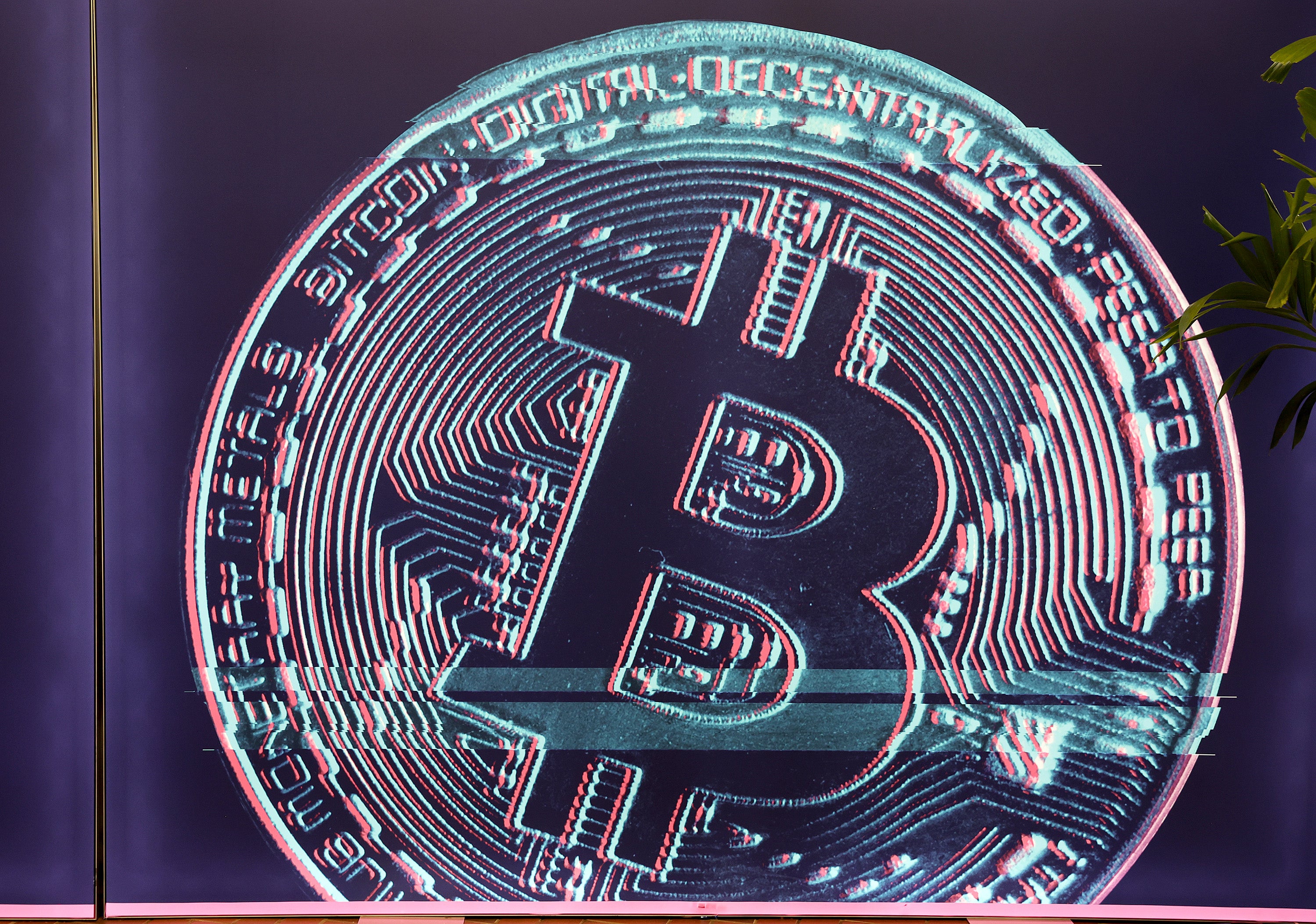A new cryptocurrency regulation bill called the GENIUS Act is moving through the Senate, bringing increased attention to a lesser-known type of digital asset.
On May 19, the Senate voted 66-22 to move the Guiding and Establishing National Innovation for U.S. Stablecoins Act forward.
The GENIUS Act is new legislation that creates regulation for the payment of stablecoins. Stablecoins, by definition, are digital currencies that are backed by another form of money. It basically, such as the U.S. dollar, and creates a government-backed cryptocurrency. It then can be traded or used by consumers with more confidence than the currently, un-backed, currencies.
Supporters say the bill, soon to be debated in the Senate, could stabilize stablecoins for broad use in payments and investments. Critics, however, worry that it might pose risks to consumers and the economy.
Here’s what to know about stablecoins:

What are Stablecoins?
Stablecoins are a type of cryptocurrency designed to maintain a stable value, typically by being linked to a dollar or a commodity such as gold.
Unlike Bitcoin or Ethereum, which can be highly volatile, stablecoins aim to offer price stability while retaining the advantages of digital assets, such as fast transactions and decentralized storage.
Because stablecoins don’t change value much, they are easier and safer to use for people who are new to crypto, as well as for businesses and traders.
How much do Stablecoins cost?
Stablecoins usually cost around $1 if they’re pegged to the U.S. dollar. However, the price may fluctuate slightly between $0.99 and $1.01, for example, depending on market conditions or supply and demand.

Have any famous people or firms backed Stablecoins?
Peter Thiel, the former CEO of PayPal, has backed the stablecoin Reserve Protocol through his venture capital firm, Founders Fund.
Andreessen Horowitz, a venture capital firm also known as a16z, has heavily invested in MakerDAO, the organization behind the DAI stablecoin.
Circle, the funding company that issues USDC stablecoin, has funding from Goldman Sachs as well as BlackRock, Fidelity Investments, and Marshall Wace LLP.
Why are Stablecoins controversial?
One big concern about stablecoins is transparency. Some companies that create stablecoins have been questioned about whether they actually have enough money or assets to back up all the coins they’ve issued. This makes people unsure about how valuable and stable these coins are.
Regulators are also cautious because stablecoins operate outside of regular banks, which could cause problems for the overall financial system and might not protect consumers well.
Stablecoins vary a lot in their operation. Many are run by central organizations, which goes against the idea of decentralization that is important in cryptocurrencies and can make people worried about trusting them.
Stablecoins have also been linked to illicit activities, including money laundering and avoiding government controls on financial transactions, prompting calls for stricter regulations and oversight.


